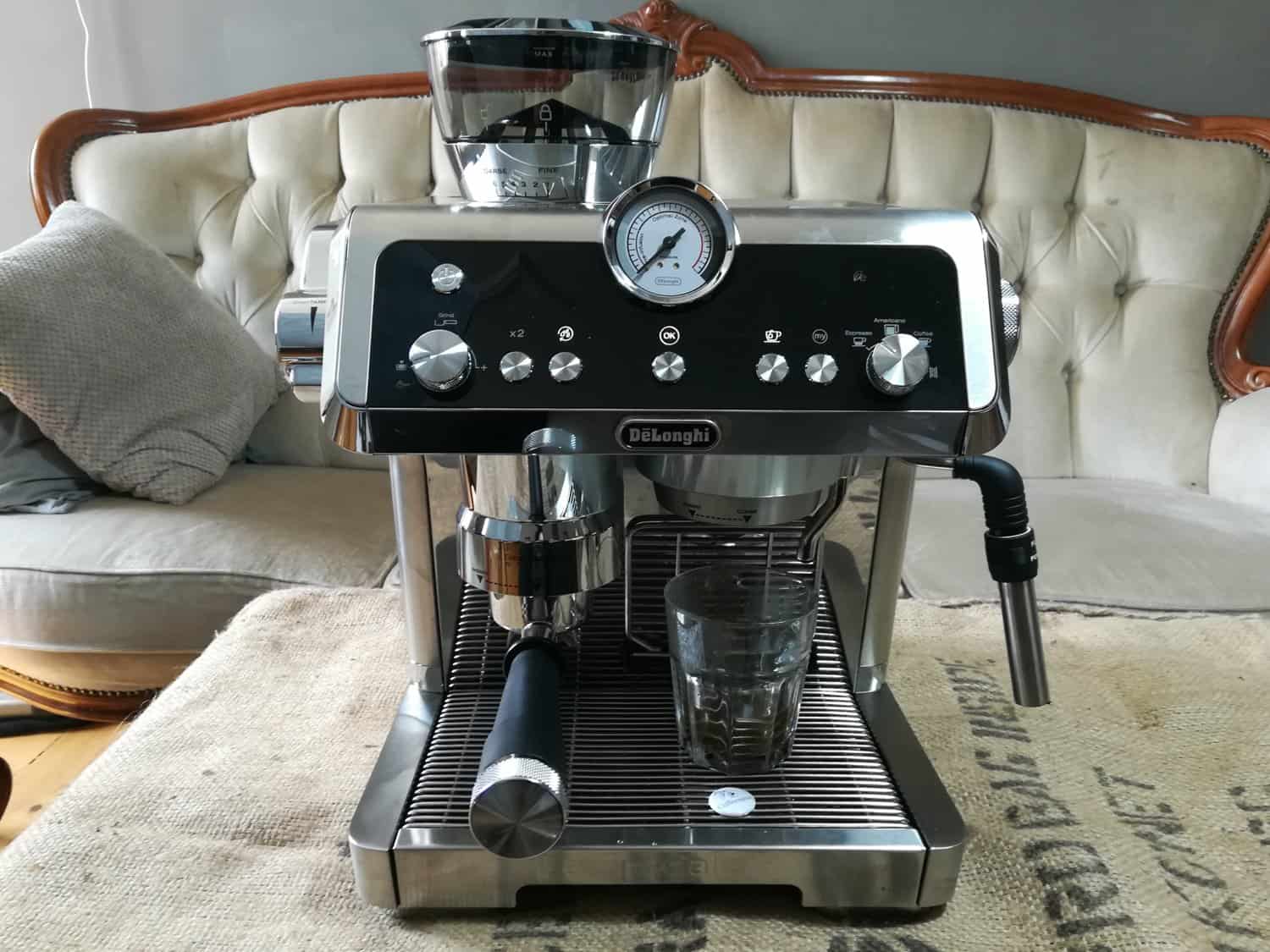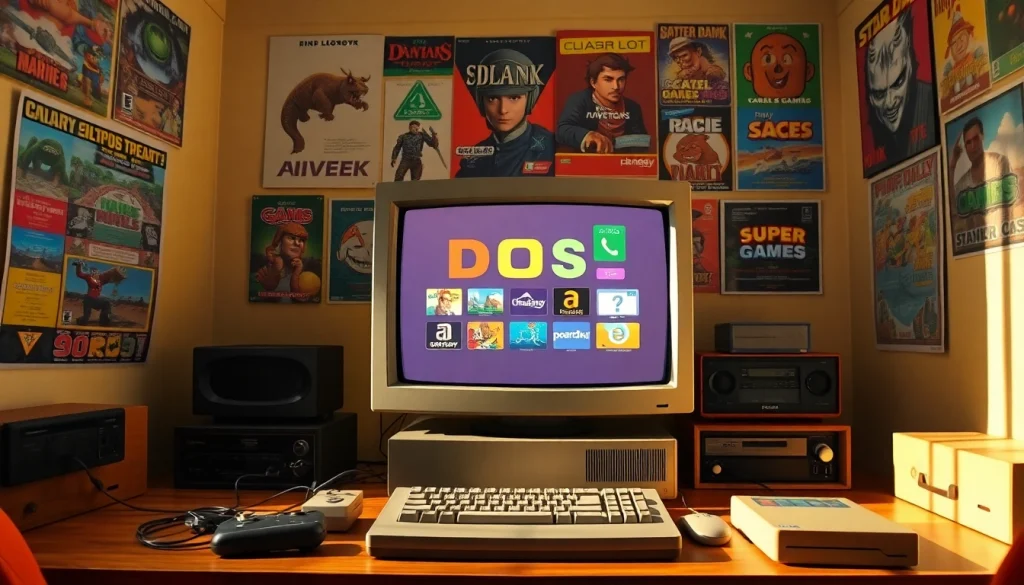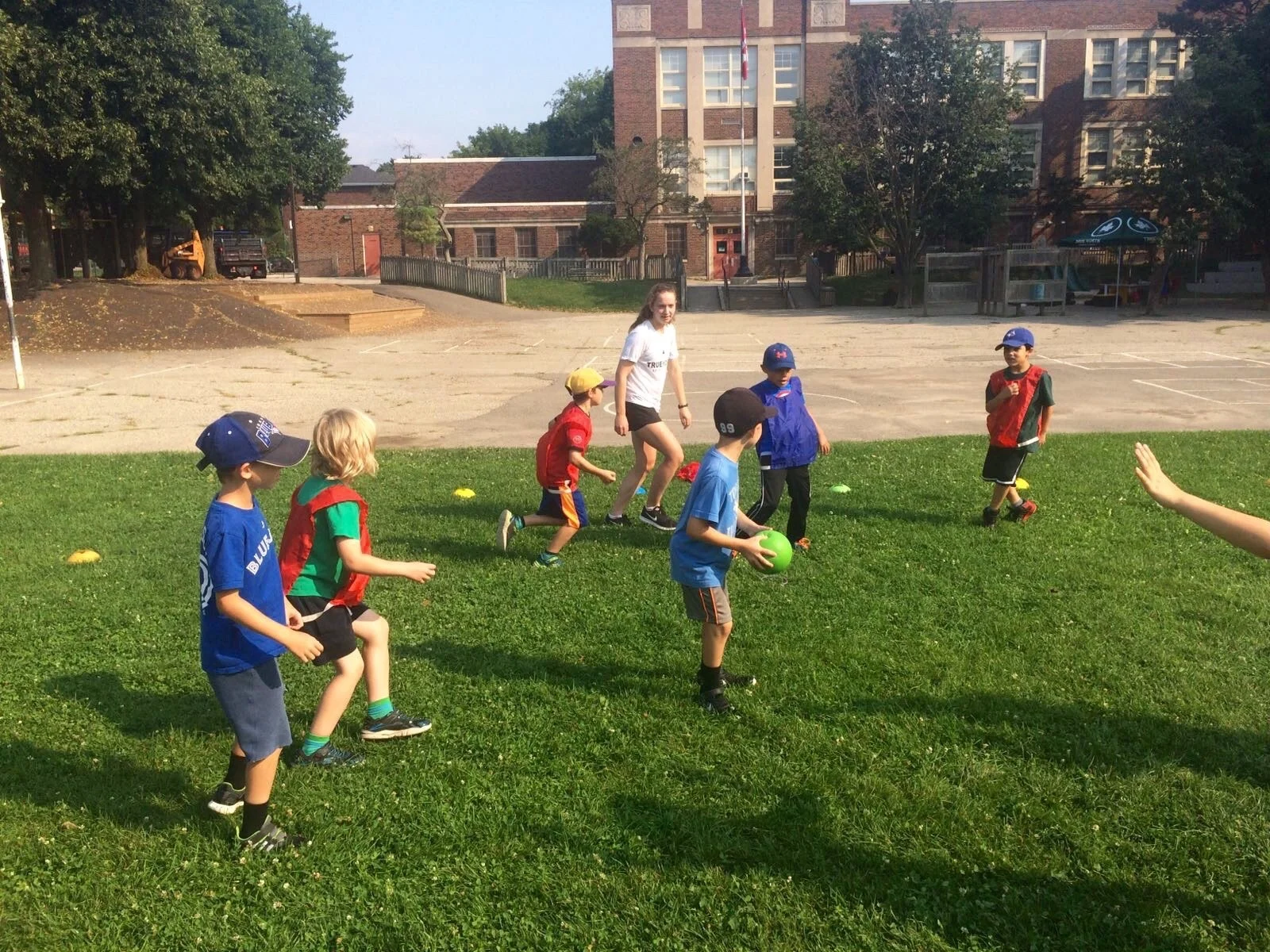In today’s fast-paced world, dealing with anxiety has become a common yet deeply personal struggle. Whether it stems from work pressures, relationship conflicts, health fears, or past trauma, anxiety can overwhelm even the most resilient individuals. At Hearts & Minds Development, we believe that no one should face this burden alone. With the right tools, support, and mindset, it is entirely possible to restore peace and balance to your life.
This comprehensive guide explores seven empowering, practical strategies for dealing with anxiety, offering a roadmap to emotional freedom and mental clarity.
1. Powerful Daily Habits to Calm Your Mind Naturally
Creating a foundation of stability through daily habits can significantly reduce anxiety. Consistency is key when aiming to restore emotional balance.
Top daily habits to adopt:
- Mindful breathing: Try box breathing (inhale 4 sec, hold 4 sec, exhale 4 sec, hold 4 sec) for 5 minutes a day.
- Physical activity: Even a 20-minute walk releases endorphins that combat anxious feelings.
- Digital detox: Limit screen time and social media scrolling to decrease overstimulation.
- Sleep hygiene: Go to bed and wake up at the same time each day to regulate your nervous system.
Pro tip: Start your morning with gratitude journaling to reframe anxious thoughts into positive affirmations.
2. Real Support Systems That Make a Difference
One of the most overlooked yet powerful tools in dealing with anxiety is having a strong support system. Surrounding yourself with trustworthy people fosters a sense of safety and belonging.
Effective support sources:
- Therapists or counselors: Professionals can offer guidance tailored to your emotional needs.
- Support groups: Speaking with others who understand your experiences can be validating and comforting.
- Family and friends: Confiding in someone you trust dealing with anxiety can lighten emotional loads.
At Hearts & Minds Development, we specialize in helping individuals create and nurture these support systems through mindful coaching and emotional awareness practices.
3. Empowering Cognitive Techniques to Rewire Your Thoughts
The way you think shapes how you feel. One of the best ways to begin dealing with anxiety is by actively challenging negative thought patterns.
Try these techniques:
- Cognitive Behavioral Therapy (CBT): Identify distortions (e.g., catastrophizing, black-and-white thinking) and replace them with rational thoughts.
- Thought journaling: Track anxious thoughts and analyze their truth.
- Positive affirmations: Replace “I can’t handle this” with “I am learning to manage this.”
Remember: Anxiety is not who you are — it’s an experience you’re learning to navigate.
4. One Powerful Practice: Mindfulness & Meditation
Mindfulness brings your attention back to the present moment dealing with anxiety — a safe space where anxiety often loses its grip. This ancient technique remains one of the most powerful tools for restoring inner peace.
Mindfulness practices to try:
- Guided meditations: Use apps like Calm or Insight Timer.
- Body scan: Focus on each part of your body to reduce physical tension.
- 5-4-3-2-1 technique: Name 5 things you see, 4 you feel, 3 you hear, 2 you smell, and 1 you taste.
Regular mindfulness practice can reduce cortisol levels, improve sleep, and increase emotional resilience.
5. Nutrition Tips That Balance Your Mood Naturally
What you eat directly affects your mental health. A brain-fueling diet is a crucial part of dealing with anxiety.
Foods to include:
- Omega-3 fatty acids: Found in fish, flaxseed, and walnuts; reduce inflammation linked to anxiety.
- Magnesium-rich foods: Spinach, dark chocolate, and avocados promote relaxation.
- Probiotics: Support gut health which directly influences mood and cognition.
Avoid excessive caffeine, processed sugar, and alcohol — all of which can aggravate anxiety symptoms.
6. Professional Therapy: A Proven Step Toward Recovery
Seeking professional therapy is not a sign of weakness — it’s a courageous act of self-empowerment. There are many therapeutic approaches designed specifically for dealing with anxiety.
Common modalities include:
- Cognitive Behavioral Therapy (CBT): Helps identify and change unhelpful thought patterns.
- Exposure Therapy: Gradual desensitization to anxiety triggers.
- EMDR (Eye Movement Desensitization and Reprocessing): Effective for trauma-related anxiety.
At Hearts & Minds Development, our trained specialists work closely with clients to design healing plans that prioritize safety, progress, and empowerment.
7. Creative Outlets That Promote Peace & Joy
Creativity is more than self-expression — it’s a healing tool. Engaging in enjoyable activities shifts focus from worry to wonder.
Anxiety-reducing creative outlets:
- Art therapy: Painting, drawing, or coloring can ease nervous dealing with anxiety system overload.
- Music therapy: Listening to or playing calming music releases dopamine.
- Writing/journaling: Externalizing thoughts creates distance from them.
Even 15 minutes of creative time per day can offer emotional release and clarity.
Conclusion: Your Journey to Peace Begins Today
Anxiety doesn’t have to rule your life. With commitment, the right tools, and compassionate guidance, dealing with anxiety can lead you toward a stronger, calmer, and more balanced self. At Hearts & Minds Development, we’re dedicated to walking with you every step of the way.
You have the strength within you to reclaim your peace. Start small, stay consistent, and celebrate every step forward. Our homepage is your go-to spot for fresh, reliable content.
Frequently Asked Questions (FAQs)
Q1: What are the early signs of anxiety I should watch for?
A: Early signs include racing thoughts, restlessness, trouble sleeping, irritability, increased heart rate, or constant worry. Catching these signs early helps manage anxiety more effectively.
Q2: Can anxiety go away on its own?
A: While some mild anxiety may subside naturally, chronic anxiety typically requires intentional intervention through lifestyle changes, therapy, or support systems.
Q3: How long does it take to manage anxiety effectively?
A: It varies by individual. Some may see improvements in weeks with consistent effort, while others may need several months of therapy and habit shifts to achieve lasting peace.











Leave a Reply